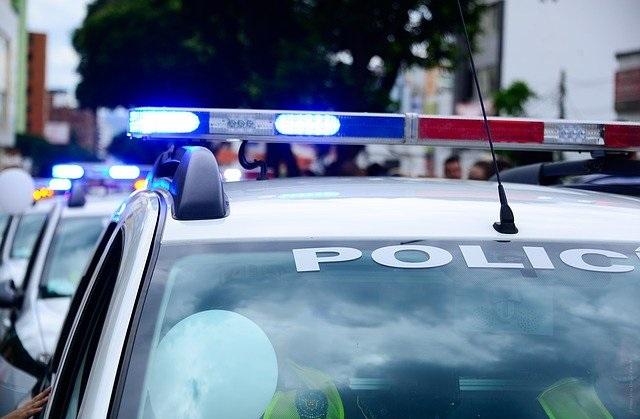-
About
-
Academics
- Physician Assistant
- Special Master’s (MBS)
-
Admissions & Financial Aid
- Tuition & Fees
-
Student Life
-
Research
- Research Labs & Centers
-
Local & Global Engagement
- Global Health Program
Two-thirds of African Americans know someone mistreated by police, and 22% report mistreatment in past year
Survey by Tufts University researchers also finds 42% of Latinos and 27% of Whites know victims of police mistreatment

MEDFORD/SOMERVILLE, Mass. (June 18, 2020)—Sixty-eight percent of African Americans say they know someone who has been unfairly stopped, searched, questioned, physically threatened or abused by the police, and 43 percent say they personally have had this experience—with 22 percent saying the mistreatment occurred within the past year alone, according to survey results from Tufts University’s Research Group on Equity in Health, Wealth and Civic Engagement.
Forty-two percent of Latinos and 27 percent of Whites also say they know someone who was unfairly stopped by police, with 23 percent of Latinos and 13 percent of Whites reporting that they personally have had these experiences.
The nationally representative survey of adults, conducted between May 29 and June 10, also looked at other forms of discrimination, and found that, in all types except one, higher percentages of African Americans report being subjected to discrimination than other groups. The survey was designed and analyzed by Tufts University’s Research Group on Equity in Health, Wealth and Civic Engagement.
“Some people might think that day-to-day discrimination happens primarily during routine interactions, such as shopping. But one of the eye-opening results of our survey is that Black people are about as likely to report being stopped unfairly by police as they are to encounter discrimination in a store or in other interactions,” said Deborah J. Schildkraut, professor and chair of Political Science in Tufts’ School of Arts and Sciences.
Although African Americans are 3.3 times more likely than Whites to report that they personally have been unfairly stopped by police, 34% of all Americans say that someone they know has been unfairly treated by the police, and 18% have had such experiences themselves. “Across all races and ethnicities, many people may either feel a personal stake in reforming the police or they may be primed to believe accusations that the police are racially biased because of their own experiences, or both,” said Peter Levine, associate dean for academic affairs in Tufts’ Tisch College of Civic Life.